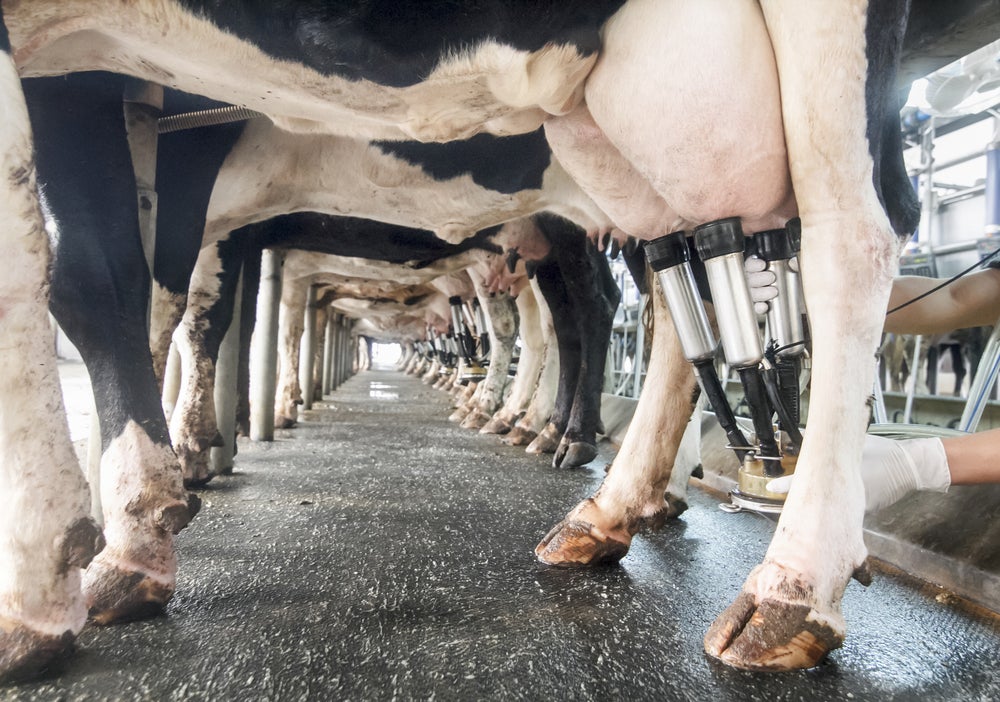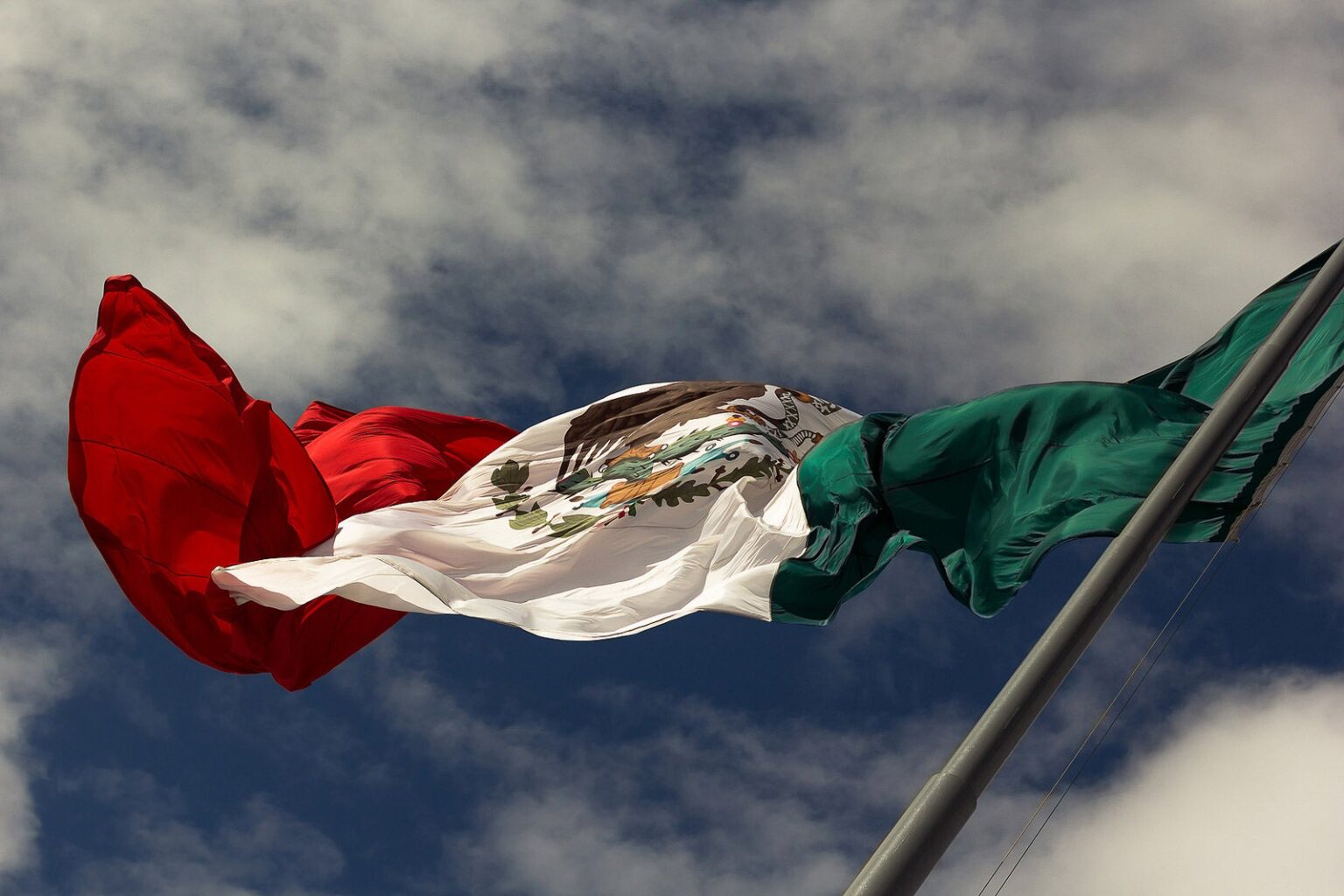DAILY Bites
-
Mexico is the leading export market for U.S. dairy products, purchasing 4.5% of U.S. milk production and accounting for over a quarter of international sales.
-
The U.S. supplies over 80% of Mexico’s annual dairy product deficit, with exports surpassing $2 billion in 2022 under the USMCA.
-
Investments in U.S. dairy processing plants, totaling $8 billion, aim to meet growing domestic and international demand, with nearly 20 million pounds of new milk production expected by 2025.
DAILY Discussion
U.S. dairy exports are approaching record levels as consumer demand for dairy products in Mexico continues to outpace the country’s production. Mexico is the leading export market for U.S. dairy products, accounting for more than one-fourth of international sales. All told, Mexico purchases 4.5 percent of U.S. milk production via dairy products and ingredients. While milk production in Mexico has grown annually since 2011, it hasn’t been enough to keep pace with surging demand. Dairy product consumption in Mexico has increased by 50 pounds per capita since 2011.
According to a new report from CoBank’s Knowledge Exchange, the upside potential for increasing U.S. dairy sales to Mexico remains strong and broader export market opportunities are positioning the U.S. dairy industry for long-term growth.
“Dairy product sales to Mexico have the potential for continued growth as more consumers enter the middle class and seek higher quality proteins and fats,” said Corey Geiger, lead dairy economist with CoBank. “Mexico faces an annual dairy product deficit ranging between 25-30 percent, and the U.S. supplies over 80 percent of that shortfall. Beyond Mexico, the U.S. has strong growth prospects in the wider dairy export market that will be increasingly important as new dairy processing capacity comes online.”
The European Union and New Zealand currently hold the top two spots for global dairy exports, but milk production in those regions has stalled. Greenhouse gas reduction policies have constrained production in the EU, and New Zealand has likely reached its peak cow population due to land constraints.

Growth prospects for U.S. dairy, both domestically and abroad, triggered an $8 billion investment in new processing plants that will be ramping up production over the next two years. By the middle of 2025, nearly 20 million pounds of new milk is expected to be flowing through those plants. That means more cheese, whey, and other dairy proteins will be seeking a home, and exports are expected to be a major destination for those products.
A generation ago, almost all the milk and dairy foods produced in the U.S. were sold domestically. Today, the milk from one in six tanker trucks leaving American farms is processed into dairy products and ingredients sold to other countries.
Free trade agreements have been instrumental to export growth for dairy and other agricultural products, Geiger noted. Prior to the implementation of the North American Free Trade Agreement in 1994, the U.S. exported just $211 million in dairy products to Mexico. By 2011, Mexico became America’s first $1 billion dairy export market. Dairy exports to Mexico surpassed $2 billion in 2022 under the United States-Mexico-Canada Agreement.
U.S. dairy exports to Mexico totaled 1.38 billion pounds in 2023, and the 10-year growth rate for U.S. dairy sales to Mexico is 42 percent, according to USDA data. Geiger said the dairy industry is hoping that trajectory continues.
“As the industry prepares for future demand, producers and processors hope Mexico will one day purchase a significant portion of America’s milk production in the form of dairy products and ingredients,” he said.


